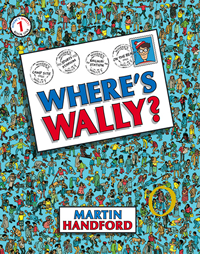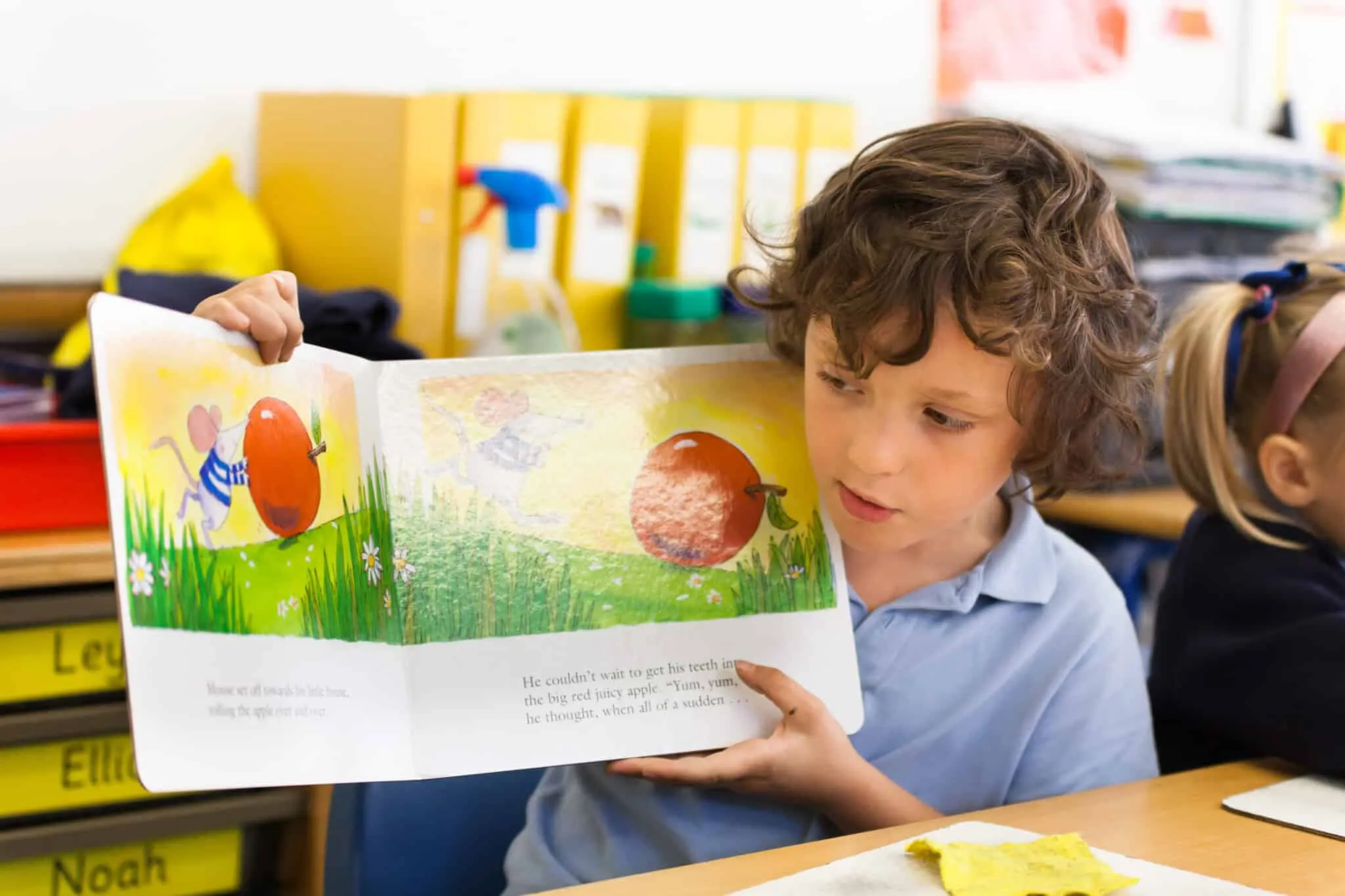June 23, 2016

While we make every effort to produce a reading practice quiz on the books that students are reading, from time to time we find that books are unsuitable for quizzing with Accelerated Reader.
The reasons for this vary, but all centre on the fact that we never compromise on the rigorously developed and enforced standards on the quality of our quizzes. Depending on the quantity of material we have to go on, we will produce 3-, 5-, 10- or 20-question quizzes. If there is insufficient or unsuitable material, we identify books as non-quizzable.
1. Insufficient text
If there is not enough text from which to draw at least three fair and meaningful questions, a book is not suitable for quizzing.
2. Illustrations
AR quizzes are based on the text of a book, not the interpretation of or recall of illustrations within it. Therefore, any book in which the illustrations tell the entire story will be deemed unsuitable for quizzing. Children’s picture books and graphic novels are exceptions to this general rule.
3. Lack of plausible incorrect responses
Incorrect responses to reading practice questions must be plausible to students who haven’t read and understood a book, but clearly wrong to those who have. Some books contain text that is difficult to falsify in a meaningful way: these books are not suitable for AR quizzing.
4. Reference material
Reference books that provide small pieces of information on several topics and how-to books that provide directions or instructions to follow are unsuitable for quizzing because students do not approach such books for the purposes of reading practice, and cannot meaningfully have the effectiveness of their reading practice assessed using them.
5. Unsuitable book format
Several formats render books inappropriate for quizzing.
Pick-your-own-ending books
The sources of questions in reading practice quizzes are distributed evenly through the text of a book and cover the main points of the plot. Pick-your-own-ending books have several different plots depending on the choices students make, rendering them unsuitable for quizzing.
Pop-up and lift-the-flap books
Because there is no guarantee that a student will look under a flap, and because flaps are easily torn or broken off books, these books are deemed unsuitable for quizzing with AR.
Familiar content
Stories and songs that are very familiar (such as nursery rhymes and fairy tales) are often not quizzable because the questions could be answered from memory without having read or understood the book.
Unidentified narrator
Stories with a narrator who is never identified can make it difficult to pose meaningful questions that provide a valid and reliable assessment of a student’s comprehension of the book.
Too many selections
Books that present a large number of unrelated facts are often non-quizzable. Reading practice quizzes are designed to test a student’s comprehension of a text rather than his or her ability to recall facts and trivia. Compilations of unrelated short stories and poems pose a different problem: it can be impossible to frame questions with enough context as to be meaningful for a student answering them.
6. Poetry
Non-narrative forms of poetry (e.g. lyrical poems or anthologies of short poems) are usually non-quizzable.
7. Undefined foreign words
Books containing foreign words not defined in the text are usually non-quizzable, as are books which are published primarily in order to teach foreign language skills or vocabulary.
